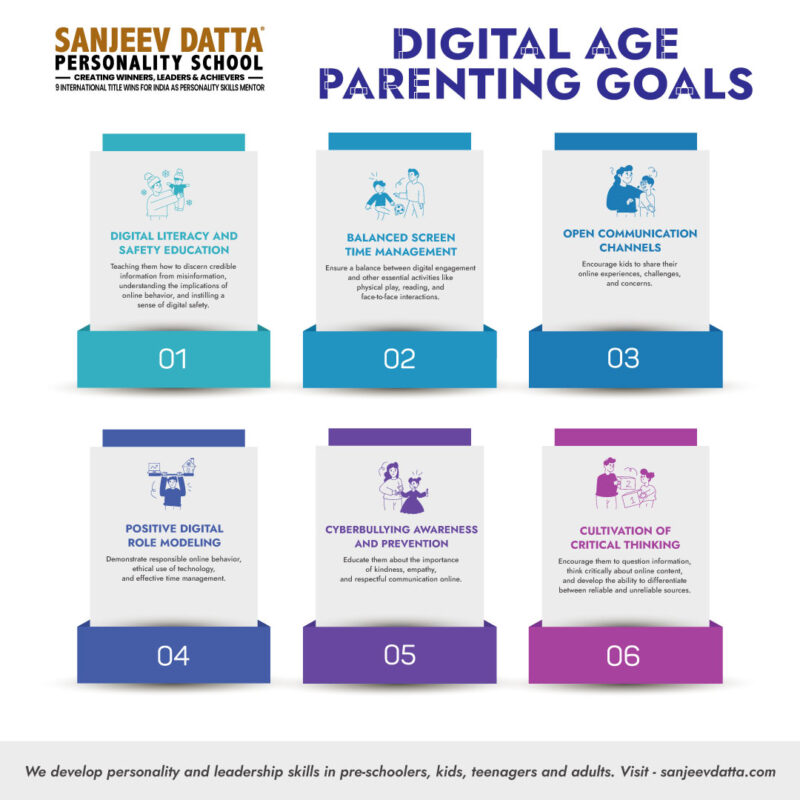In an era of abundance and consumerism, instilling a sense of value for money in children is crucial for their future financial well-being. As a content writer committed to uniqueness and factual accuracy, this article on how to teach kids value for money will delve deeper into proven strategies, practical tips, and engaging activities that empower parents and educators in shaping financially responsible individuals.
- Understanding the Basics:
To effectively teach kids the value of money, a solid foundation of understanding is paramount. Begin by introducing basic concepts such as currency, savings, spending, and even the history of money. Utilize age-appropriate materials, like colorful charts, play money, and perhaps even historical anecdotes, to make the learning experience enjoyable and relatable. Emphasize the significance of earning money through work and introduce the concept of budgeting in simple yet intriguing terms.
2. Lead by Example:
Children are keen observers, and they learn best by emulating the behavior of those around them. Therefore, as parents and educators, it is not just essential but imperative to model responsible financial habits consistently. Share age-appropriate stories of personal financial decisions, both successes and challenges, to provide real-world examples. Demonstrate how to budget, save, invest, and make thoughtful purchasing decisions, fostering a well-rounded understanding of financial practices.

3. Engage in Practical Money Lessons:
Make financial education a hands-on experience by involving children in practical money lessons. Create a simulated marketplace at home or in the classroom where kids can not only “buy” and “sell” items using play money but also engage in activities like calculating change, negotiating prices, and managing a budget. Encourage them to make choices and understand the consequences of spending decisions. This interactive approach not only enhances their financial literacy but also fosters a deeper, more intuitive understanding of financial concepts. Become the master of your narrative – our personality development classes are designed to sculpt confidence, refine communication, and redefine success, one charismatic step at a time!

4. Set Clear Savings Goals:
Teaching kids the importance of saving is a fundamental aspect of instilling value for money. Help them set realistic savings goals, whether for a favorite toy, a special outing, or a long-term objective like education. Use a visual representation, such as a savings jar, chart, or even a digital savings app, to track progress. Celebrate milestones along the way to reinforce the positive impact of saving, thereby creating a positive association with financial responsibility.
Visit: why outdoor games for kids
5. Introduce the Concept of Earning:
Teach children that money is earned through effort and hard work. Assign age-appropriate chores or tasks that contribute to household responsibilities and instill a sense of responsibility and work ethic. Create a reward system where they earn a small allowance for completing these tasks. This not only provides practical experience but also helps children understand the connection between work and financial compensation, laying the groundwork for a strong work ethic.

6. Foster Smart Spending Habits:
As children grow, they’ll inevitably face more complex choices about how to spend their money. Guide them in making informed decisions by discussing the concept of needs versus wants in greater detail. Encourage thoughtful consideration before making a purchase, emphasizing the importance of prioritizing essentials over impulsive desires. This approach helps develop critical thinking skills related to financial decision-making, preparing them for more significant financial responsibilities in the future.
7. Teach the Impact of Choices:
Financial education extends beyond mere transactions; it encompasses understanding the consequences of choices. Engage kids in deeper discussions about trade-offs, opportunity costs, and the long-term implications of financial decisions. Help them grasp that choosing to spend money on one item may mean sacrificing the opportunity to purchase another or investing in a more substantial goal. This concept lays the groundwork for responsible decision-making not only in financial matters but in various aspects of life. Unlock your child’s potential! Our specially crafted personality development for kids fosters positive habits, communication skills, and a winning attitude for a lifetime of achievements.
8. Utilize Technology for Financial Learning:
In today’s digital age, technology can be a valuable tool for teaching kids about money. Explore various educational apps and online resources designed to make financial concepts engaging and interactive. Many apps simulate real-life financial scenarios, allowing children to practice budgeting, saving, and making financial decisions in a virtual environment. This tech-savvy approach not only aligns with the interests of today’s young minds but also prepares them for a world where digital financial tools are increasingly prevalent.
Visit: why financial literacy for kids
Conclusion:
In conclusion, imparting a sense of value for money in children is a multifaceted responsibility that requires a thorough and continuous approach. From understanding the basics to modeling responsible behavior and engaging in practical lessons, the journey towards financial literacy is an ongoing process. By setting clear savings goals, introducing the concept of earning, fostering smart spending habits, teaching the impact of choices, and leveraging technology, parents, and educators can empower children to navigate the complexities of finances successfully.
How to Teach Kids Value for Money? This question serves as a call to action for all stakeholders involved in a child’s upbringing. By embracing the expanded strategies outlined in this comprehensive article, we pave the way for a generation that not only understands the value of money but also possesses the skills and mindset necessary for financial success in the future.
Why Sanjeev Datta Personality School?
- Interview Training
- Leadership
- Presentation Training
- Social Boldness
- Dressing Etiquette
- Office Etiquette
- Communication Skills
- English Speaking
- Anger Management
- Time Management
- Team Building
- Performance Enhancer
- Soft Skills
- Goal Setting
- Career Counselling
- Student Subject Choice Counselling
- Listening Skills
- Video Presentation
- Meditation
For more details, contact us now!


